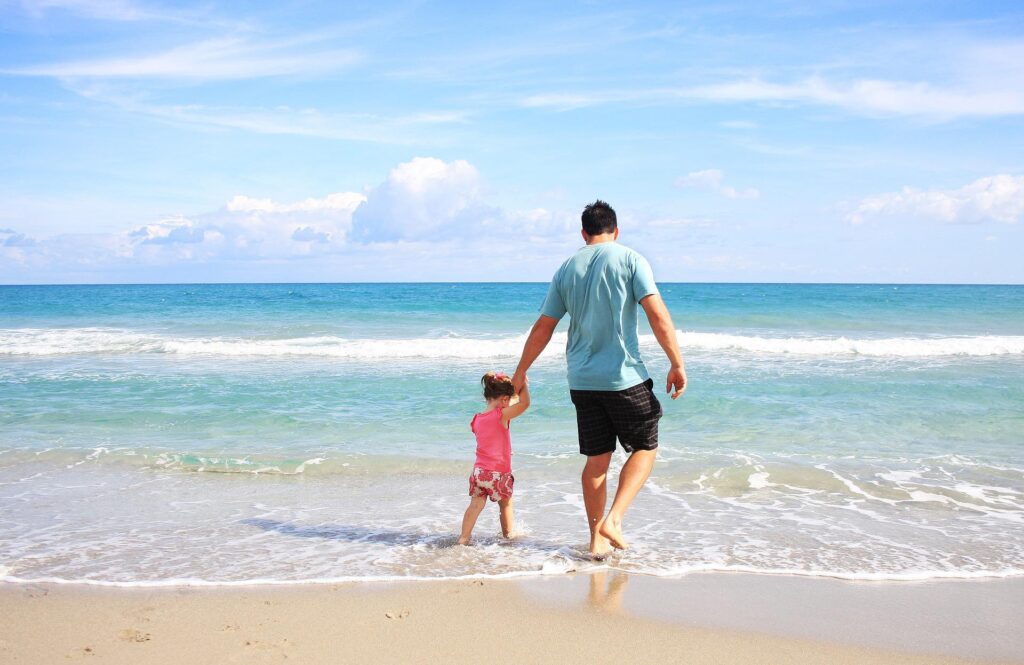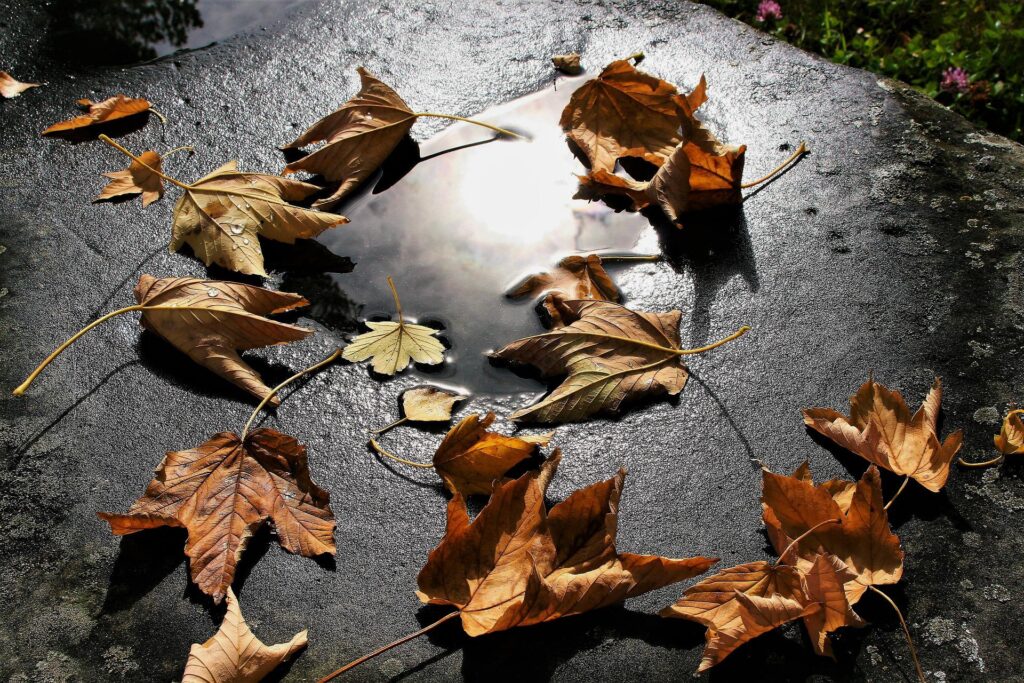MOST TRAVELLERS WILL BE INVOLVED IN WATER SPORTS OR WATER-RELATED ACTIVITIES IN MANY WAYS. THIS ALSO APPLIES TO HUMANITARIAN AID WORKERS WHO GO FOR RELIEF MISSIONS AFTER DISASTERS WHERE CHOLERA BECOMES AN IMMINENT THREAT.
Common itineraries include a family going to Caribbean beaches, fishermen wading warm rivers, children swimming in pools and waterparks in resorts and cruise ships or saltwater surfers.
Several pathogens that cause serious human infectious diseases live in natural and man-made recreational water.
Hot tubs in hotels and spas are famous for Legionella and Pseudomonas species that cause pneumonia (through water aerosol) and skin infection respectively.
The Schistosoma species gain entry to the bloodstream by penetrating the skin of those wading or swimming in fresh water of the shchistomiasis-endemic areas.
Leptospirosis, another serious infectious disease, occurs when the causative agent in water contaminated with infected animals urine passes through mucous membranes like conjunctiva, skin cuts and abrasions.
Diarrheal illness can result from drinking water during swimming if the latter is contaminated with Cryptosporidium protozoan parasites. These parasites are resistant to chlorination.


Therefore:
- Don’t swim in water that may be contaminated by animal urine, feces or by sewage after natural disasters like heavy rainfalls, storms, typhoons and hurricanes.
- Avoid swimming or wading if you have cuts or abrasions, especially if they are not covered by occlusive dressing.
- Avoid wading bare feet.
- Always discuss your itinerary with your travel doctor. This is also important if you are planning to visit schistomiasis-endemic areas.
- Avoid drinking water while swimming.
- Refer to our Marine Animals and Accidents, Injuries and Safety sections.
For more recreational water safety, please visit:
